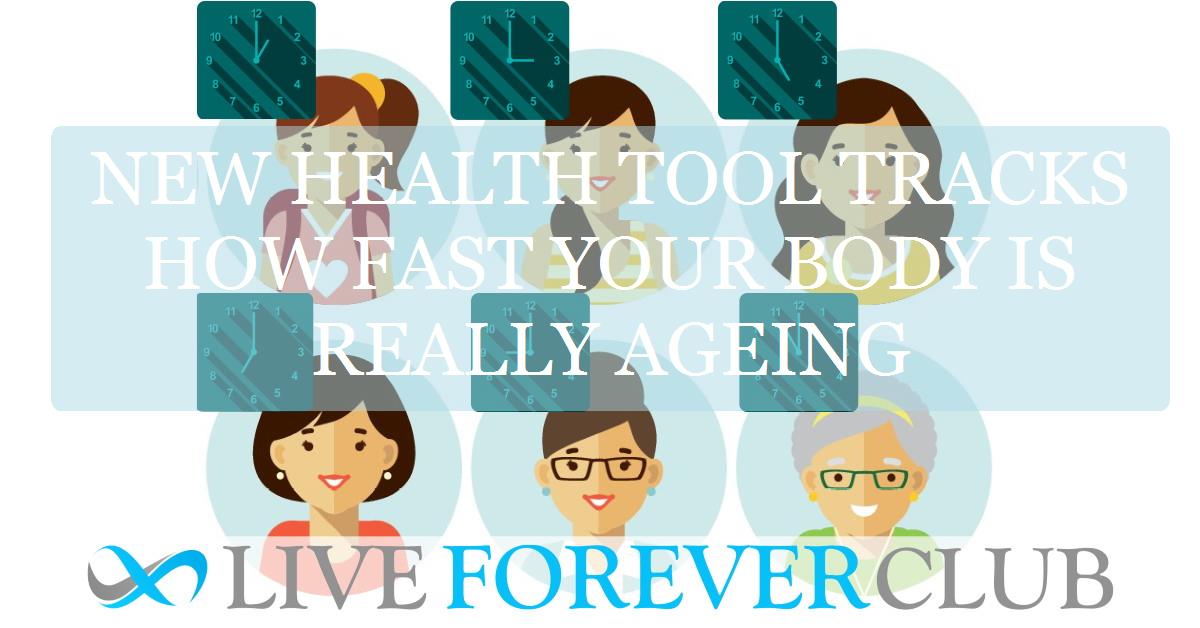Key points from article :
A team of researchers at the University of Washington School of Medicine has developed a novel health assessment method that could more accurately measure biological age and predict the risk of disability or death. Described in a Nature Communications paper, the “Health Octo Tool” uses eight metrics drawn from basic physical exams and routine lab tests to evaluate how quickly different parts of the body are ageing. The study's lead author is Dr. Shabnam Salimi, a physician-scientist and instructor in anesthesiology and pain medicine, with senior authors Dr. Daniel Raftery and Dr. Luigi Ferrucci.
Unlike current health assessments that focus on individual diseases, this new approach considers how multiple conditions interact and contribute to ageing. At the heart of the model is the idea of “health entropy” — the accumulated damage to cells and organs over time. The tool evaluates how different organ systems age at different rates using scores like the Body Organ Disease Number and metrics such as the “Body Clock” and “Body Age.” These reflect a person’s biological age, the ageing rate of each organ system, and how these factors affect daily functions like walking or the risk of cognitive decline.
The researchers validated their tool using data from over 45,000 adults in long-term health studies. One key takeaway is that even seemingly minor conditions, like early-life hypertension, can have a major impact on how the body ages. This suggests that earlier treatment could significantly improve long-term health outcomes.
Looking ahead, the team is developing a digital application to let individuals and doctors track biological ageing and assess how lifestyle changes or treatments affect specific organ systems. This could pave the way for more personalized and preventative approaches to healthy ageing.






